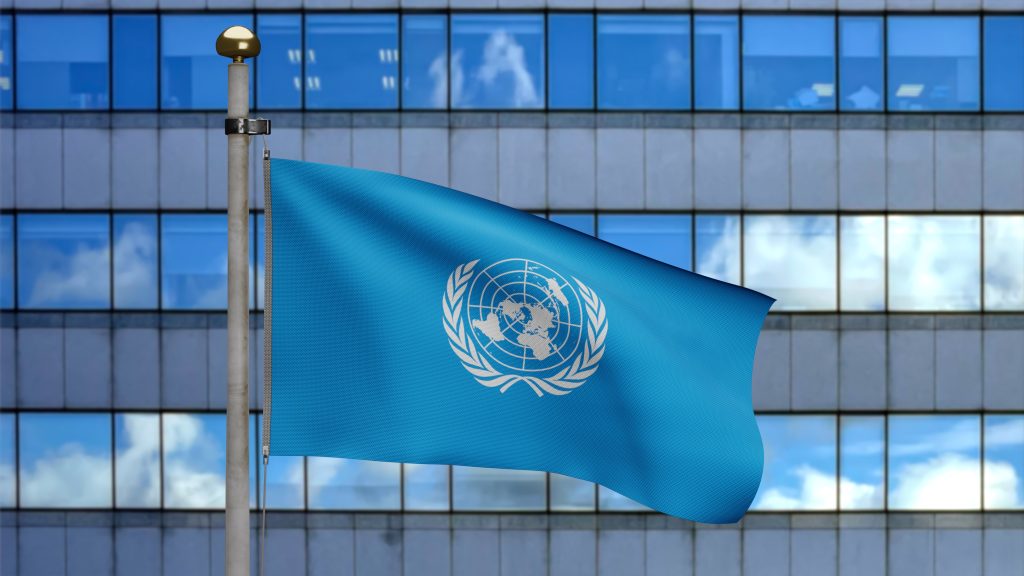
































As discussions unfold in New York this week over a United Nations cybercrime treaty, human rights organizations are sounding the alarm on potential dangers. They caution that the treaty's provisions could grant governments greater surveillance powers, providing dictatorships with additional tools of oppression. Delegates from around the globe have gathered in Manhattan to engage in the final negotiation sessions of the treaty, a process initiated by Russia in 2017. The aim is to establish worldwide regulations addressing the complex matter of transnational internet-related crimes.
In the midst of these negotiations, representatives from organizations such as Human Rights Watch, the Electronic Frontier Foundation, Access Now, the Kenya ICT Action Network, Article 19, and Privacy International have convened to express their concerns regarding the current draft of the treaty.
Deborah Brown, a senior researcher at Human Rights Watch, points out a fundamental issue: a lack of consensus regarding the treaty's objectives and focus. She highlights that when the United Nations General Assembly embarked on the drafting of this treaty in 2019, there was no global agreement on its necessity or purpose. Even now, four years later, there remains ambiguity surrounding the treaty's scope and the definition of cybercrime itself.
Brown questions whether the treaty is designed to specifically address a narrow range of crimes involving communication networks or if its scope encompasses any crime involving technology. This uncertainty hasn't deterred countries from incorporating measures that could expand government investigative powers, extending cooperation beyond cybercrimes to encompass any activity deemed a "serious crime."
Furthermore, numerous voices have raised concerns about the absence of human rights language in the draft and the potential for certain nations to manipulate the treaty for their agendas. During prior negotiations, the Chinese delegation proposed the inclusion of "dissemination of false information" as a cybercrime, while diplomats from Pakistan and Iran sought to criminalize religious insults online.
In response, there is an effort to create a "political document" that would facilitate international law enforcement collaboration against cybercrime. A spokesperson from the US State Department conveyed optimism about the ongoing negotiations, emphasizing the goal of achieving a consensus-based treaty that aids countries in combatting cybercrime while upholding human rights and promoting multistakeholder engagement.
Meanwhile, concerns persist about the potential for repression and the criminalization of speech. Victor Kapiyo, a lawyer and human rights advocate with the Kenya ICT Action Network, acknowledges some progress in negotiations but highlights the treaty's limited human rights safeguards, many of which are discretionary.
 Tags quentes :
Segurança cibernética
Cibercrime
Comité Ad Hoc para a Cibercriminalidade
Tags quentes :
Segurança cibernética
Cibercrime
Comité Ad Hoc para a Cibercriminalidade